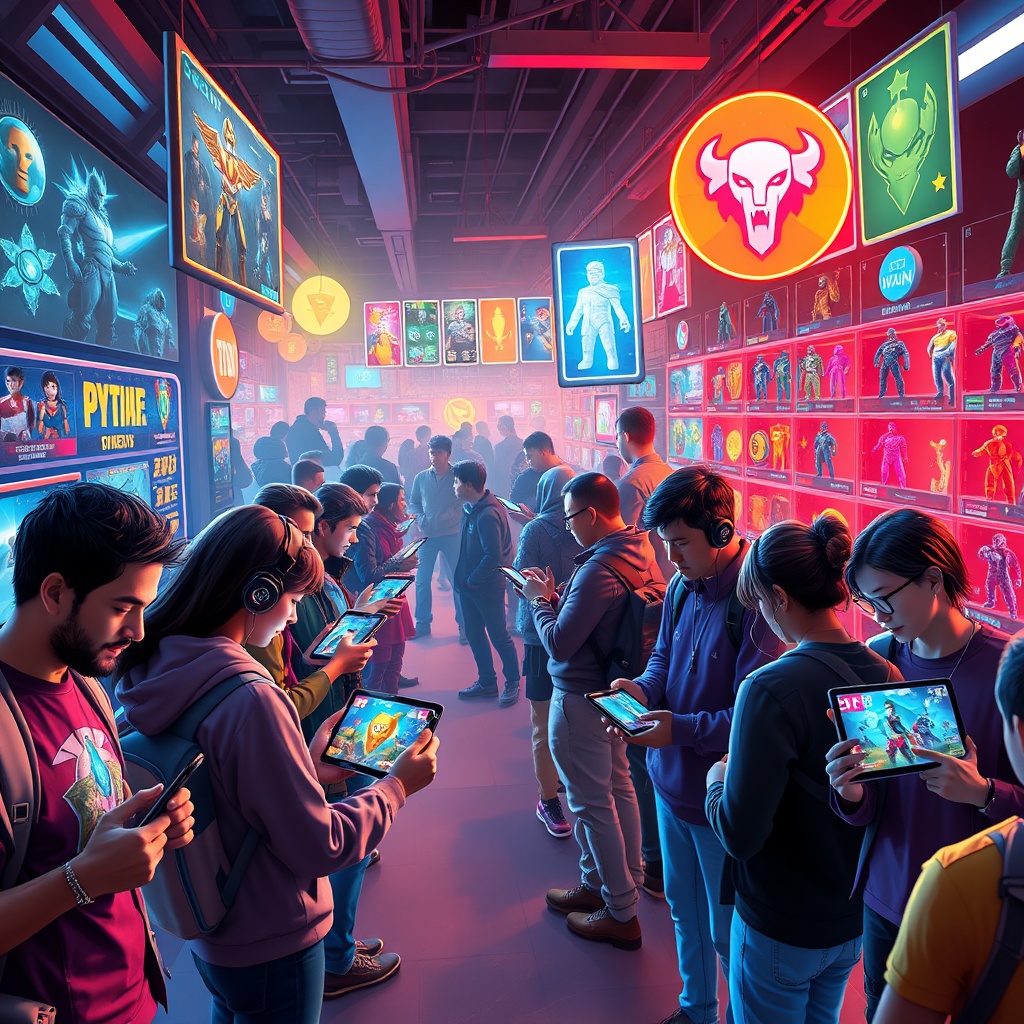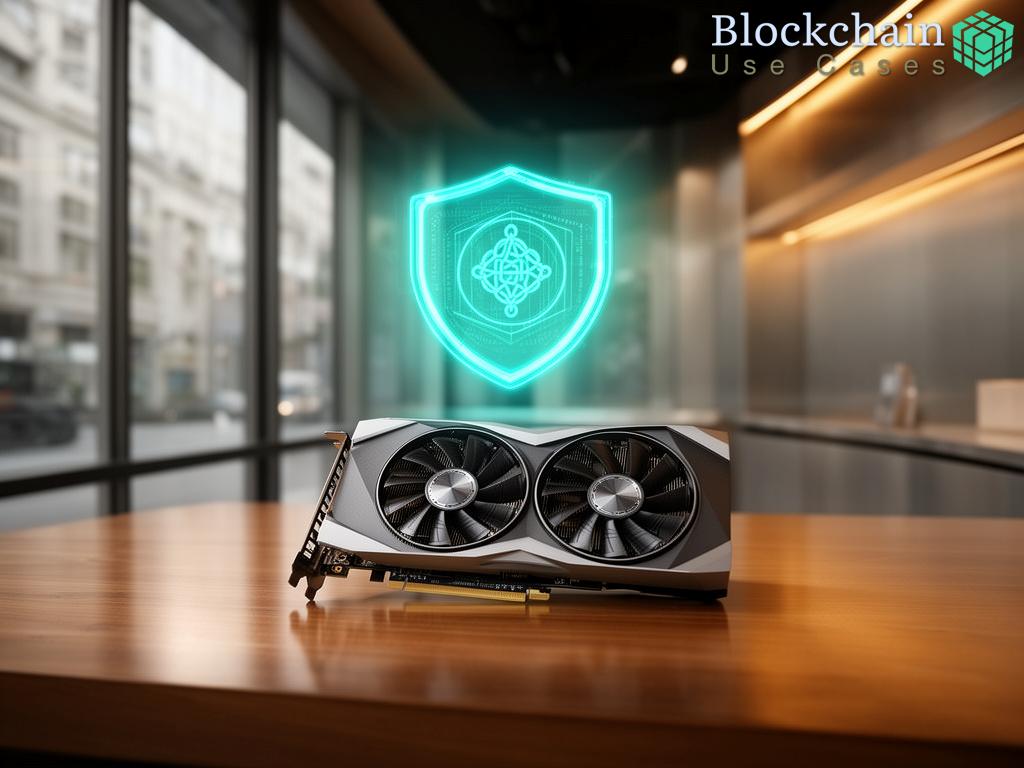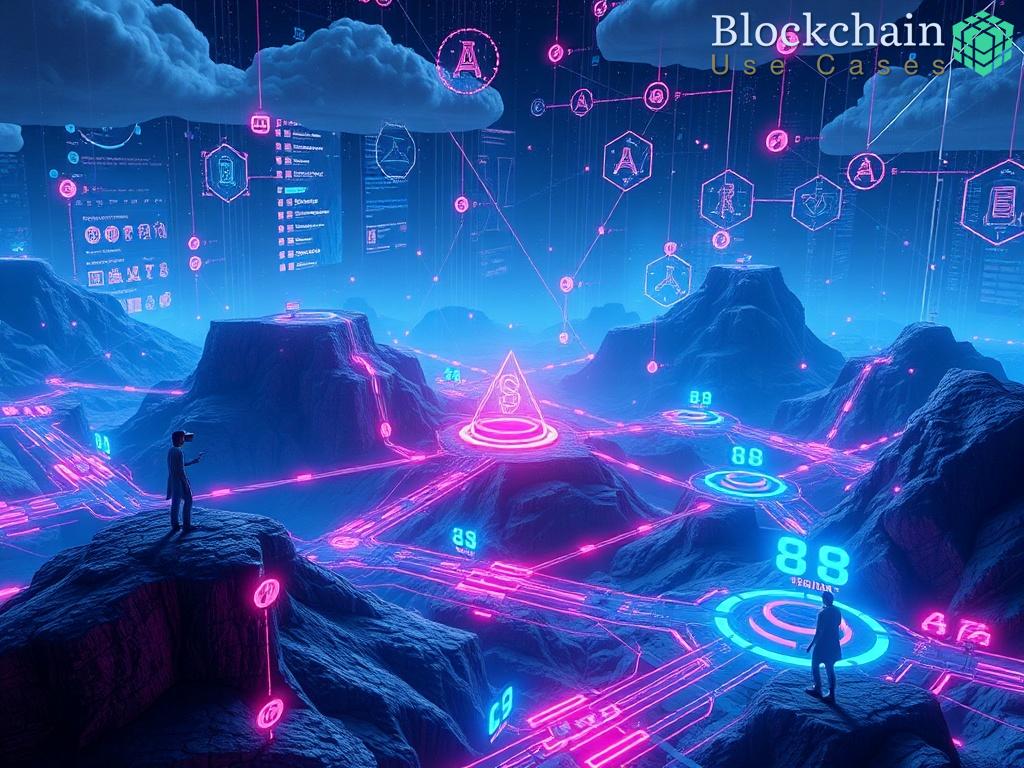The gaming industry is undergoing a significant transformation with the advent of decentralized platforms, allowing players to engage in peer-to-peer item trading like never before. These platforms utilize blockchain technology to create a transparent and secure environment for trading in-game assets, thus empowering players to have true ownership of their virtual items. As traditional gaming marketplaces often impose restrictions and fees, decentralized systems offer a refreshing alternative that prioritizes player autonomy and fairness.
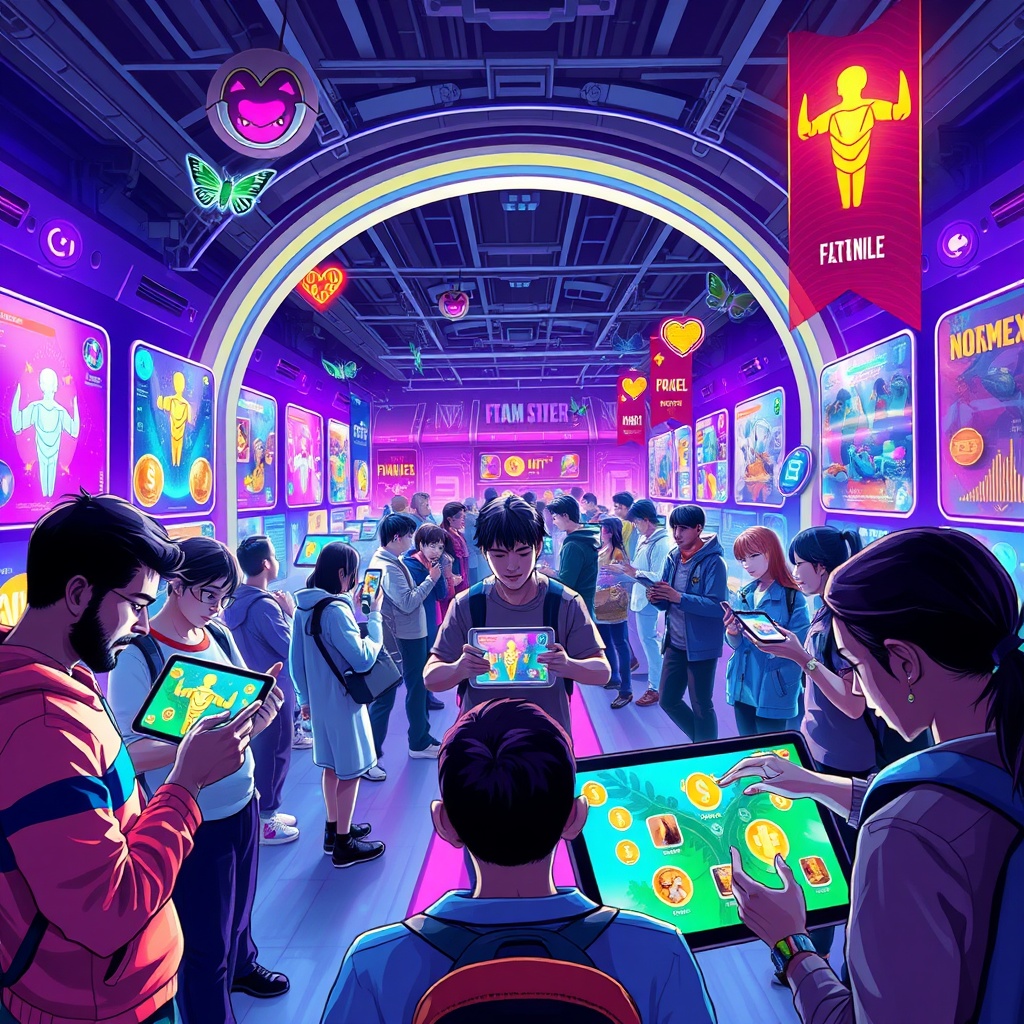
As players become more aware of their trading options, the popularity of decentralized trading platforms continues to grow. This article explores the innovative features of these platforms, their advantages over conventional systems, and how they are changing the landscape of in-game item transactions.
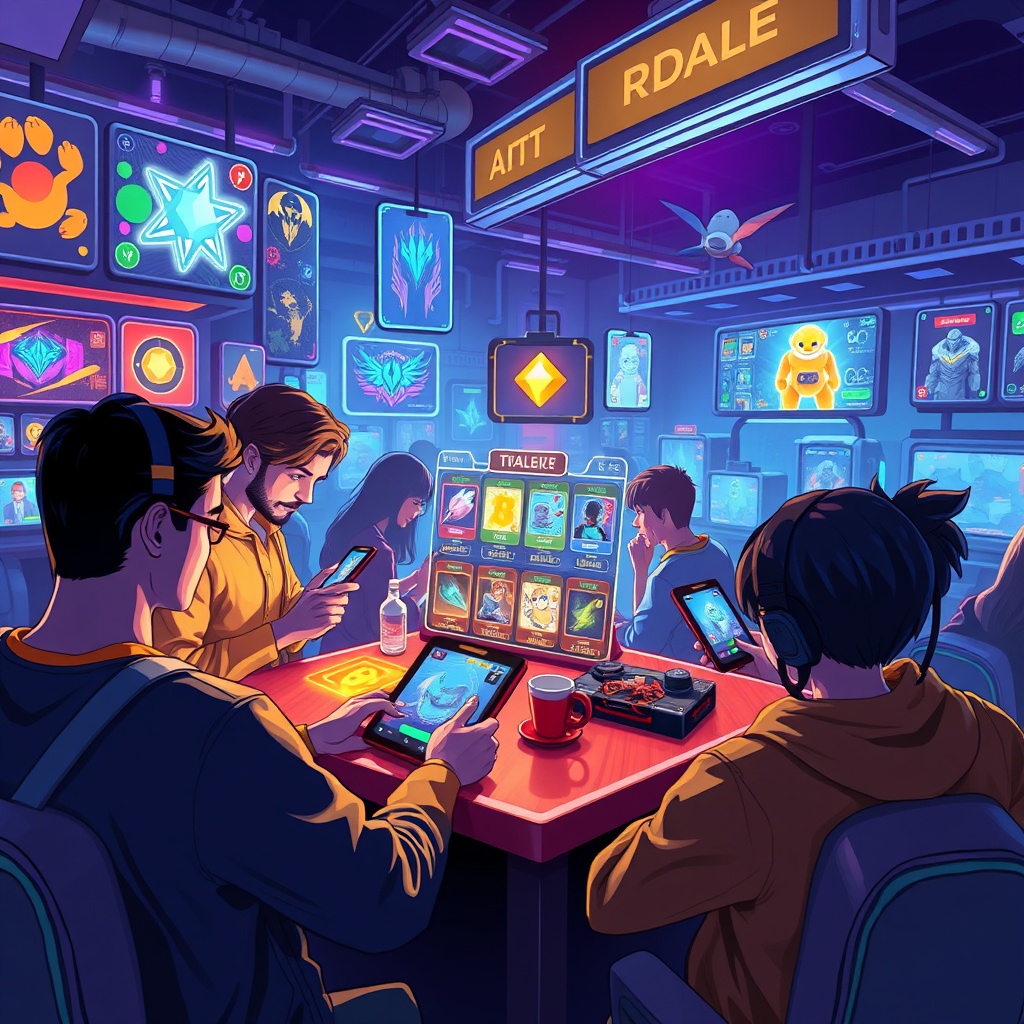
Decentralized trading systems present a myriad of advantages that make them an attractive option for gamers. Unlike traditional marketplaces, which often charge high fees and impose limitations on trading, decentralized platforms leverage smart contracts and blockchain technology to facilitate seamless transactions without intermediaries. Here are some of the key benefits:
- True Ownership: Players have full control over their in-game items, allowing them to trade, sell, or use them as they see fit.
- Lower Fees: By eliminating middlemen, decentralized platforms significantly reduce transaction costs, making trading more profitable for players.
- Enhanced Security: Blockchain technology ensures that all transactions are secure and transparent, reducing the risk of fraud.
- Global Accessibility: Players from around the world can participate in trading without geographical restrictions.
- Community-Driven Governance: Many decentralized platforms allow users to participate in decision-making processes, fostering a sense of community and collaboration.
As the gaming community continues to embrace decentralized platforms for trading, the future looks promising. The integration of technologies like NFTs (Non-Fungible Tokens) is revolutionizing how game items are perceived and valued. NFTs enable the creation of unique digital collectibles that can be bought, sold, and traded on various platforms, further enhancing player engagement.
Moreover, as more developers recognize the potential of decentralized trading, we can expect an influx of games designed with these systems in mind. This shift not only benefits players but also encourages developers to create more innovative and rewarding ecosystems.
In conclusion, decentralized platforms are not just a passing trend; they represent a fundamental shift in how players interact with their digital assets. With continued advancements in technology and growing acceptance among gamers, the future of peer-to-peer game item trading is bright, paving the way for a more equitable and player-centric gaming experience.

